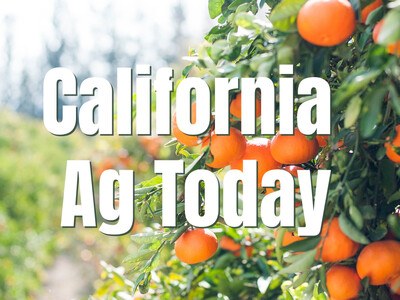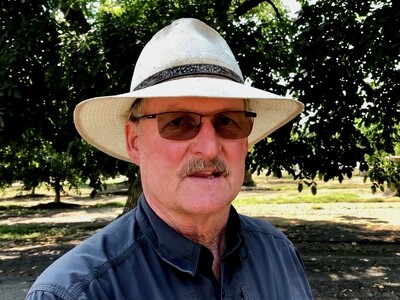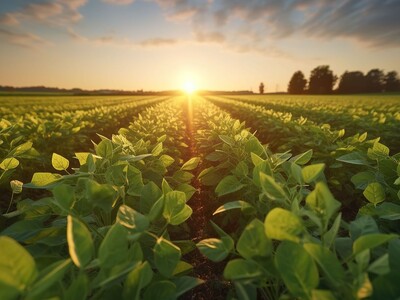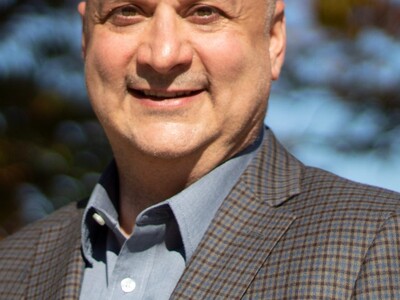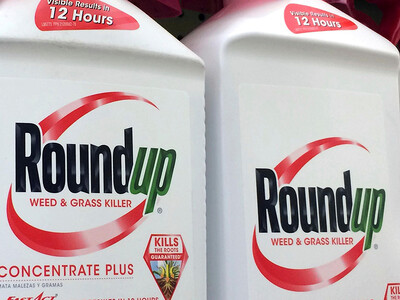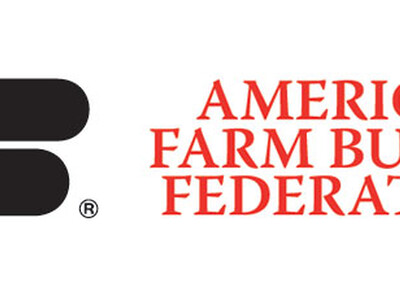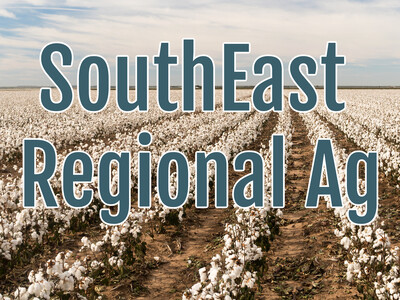Ag Innovation
The future of agriculture will look much different than what farmers are accustomed to today. Just as revolution in mechanization and the green revolution, another transformation is on the horizon, according to Greg Meyers, Chief Innovation Officer for Syngenta. Meyers says the next revolution will transform agriculture through the use of technology. “Now I think we see the opportunity for this third transformation which is really bringing computer and data science to agriculture around the world to not just help improve yield, but also to help with sustainable production, managing soil health and carbon sequestration or even producing against specific quality traits both domestically and the export markets, and so I think we're also likely to see a trend towards more precise application of inputs that really can only be achieved with computers that are working hand in hand with the actuators and heavy machinery.”
Big data and data science aren’t necessarily new concepts, but they’ve been slower to be adopted into the agriculture industry. Meyers says that’s because farmers need practical solutions that work for them. “Growers that I talked to don't really want to work for the software they want the software to work for them and farmers are pretty practical people, and they're just looking for practical insights that can help them lead to higher quality decisions on farm. That's why at Syngenta focuses not trying to sell farmer software but rather, trying to create something that'll be useful for them. And that's why we focused on marrying up our data and computer scientists along with our agronomists, plant pathologists and geneticists.”






